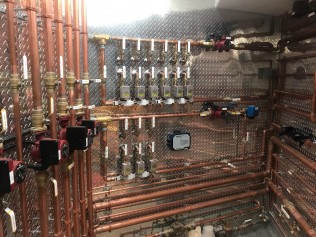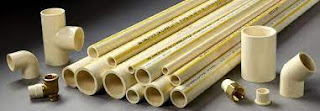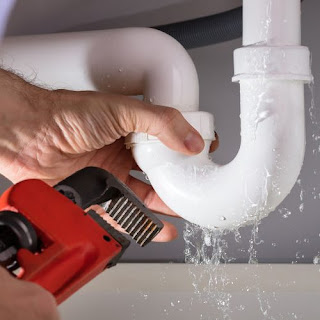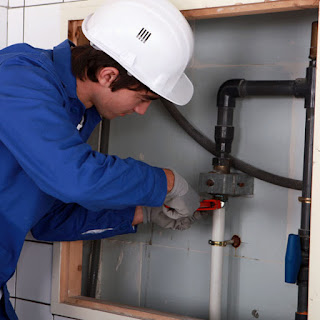Which Plumbing Material to Pick for Your Home Plumbing Installations
Many people don’t know, but plumbing equipment is built with many different materials. All these materials are differently priced due to their varied properties, such as environmental impact, water quality, and durability. In our years of experience as an emergency plumber in Gaithersburg, MD, we have dealt with many piping materials that are sometimes ideal for the place but sometimes wrongly picked, causing plumbing issues in the future.
We believe that so much variety can confuse anyone. It’s not news that you have to pick one for your home, and you don’t know anything about these pipes at the hardware store. To avoid this problem with you, here’s a blog discussing different piping materials along with the advantages and limitations of each.
Copper Pipes
One of the most durable materials, copper, has been traditionally used for piping since 1960. Several other plumbing materials have been in use after that, but nothing surpassed copper as the best material for plumbing. However, the drawbacks were the high prices of the pipes that also cost more for soldering and other fittings. With such high value, it also attracts thieves if kept openly.
Copper is resistant to leaks, durable, heat tolerant, does not pollute water, corrosion-resistant, recyclable, and long-lasting. However, it also costs high, may contain lead soldering, and is not a green material.
Polyvinyl Chloride Piping (PVC)
Resistant to corrosion, PVC or Polyvinyl Chloride Piping is one of the most commonly used plumbing materials available in two sizes, including Schedule 40 and Schedule 80. The material is rust and corrosion resistant, handles high water pressure well, is low in cost, easy to install without network or welding, available in multiple sizes, durable, and strong. Being non-conductive and low cost, this is quite popular among local plumbers in Gaithersburg, MD, for vent stacks, indoor or underground plumbing, storm drainage systems, and high-pressure piping.
Chlorinated Polyvinyl Chloride Piping (CPVC)
As the name suggests, CPVC is similar to PVC, with only a higher chlorine content. Anyone looking for hot water piping or drinking water piping should avoid standard PVC and pick CPVC. With more flexibility than PVC & metallic pipes, easy installation, and safe to drink, these are probably most commonly used in hot & cold water supplies. Of course, these are more expensive than PVC. Still, an emergency plumber in Gaithersburg, MD, ensures that your disposal pipes, hot water drains, and more stay unaffected with this nonconductive piping material.
Other Materials
Galvanized Steel Piping
Stainless Steel Piping
Cast Iron Pipes
Grey Plastic Polybutylene Piping (PB)
High-Density Polyethylene Piping (HDPE)
Brass Piping
Polypropylene Piping
With so many plumbing materials available, homeowners cannot know which material is best suited for what area. However, hiring one of the local plumbers in Gaithersburg, MD, can help you during your home-making process. Whether you are making a new residential or commercial building or just remodeling your bathroom, we know it all. Let us help you with the best-suited material as per your budget.





"Fantastic blog post! I feel more informed about gas plumbing services after reading this. The step-by-step guide is especially helpful for those new to this topic."
ReplyDeleteLeakless Plumbing is a specialist of Gas Plumber in Ipswich